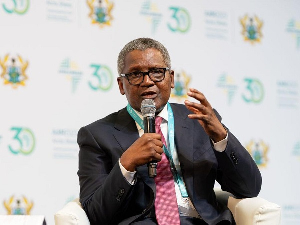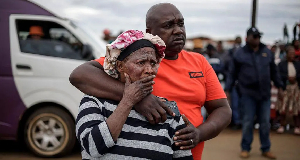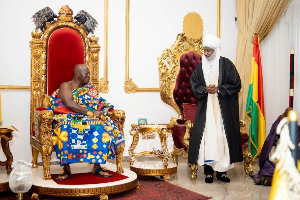Accra, Oct. 19, GNA - Advocates of gender equality said on Tuesday that policy research and advocacy initiatives must become more rigorous and mutually reinforcing to ensure significant policy shifts in Africa. Speaking at a four-day workshop in Accra on: "Gender and Economic Reforms in Africa (GERA)", a project of Third World Network-Africa, a non-governmental organisation, Ms Rose Kiggundu, a Gender Advocate, said though it was acknowledged that women needed to benefit from economic restructuring, policies in Africa did not favour them.
However, as a result of research, writing and advocacy, a little shift in thinking had led some institutions and governments to consider the gender dimensions of economic reforms.
The meeting, which is discussing issues on gender and economic reforms in Africa, is being attended by 30 activists and academics from Africa, who are brainstorming on the thematic scope, research and advocacy methodological challenges. They would also generate pointers to the composition of a circle of scholars to support GERA in its activities. Discussions would be centred on overviews of gender and informal economic integration in Africa's regions and researching gender and economic integration in Africa.
Ms Kiggundu said the plight of women and the challenges they faced in their chosen professions were of grave concern to GERA, which was involving them in activities that would help them cope with the many changes happening in the world.
She said there was the need for women to go into research for knowledge and also make innovations.
"Women's general absence from policy-making-processes have accounted for the low participation in innovative approaches to decisions that profoundly affect them.
"Without effective advocacy, gender equity in policy-making-processes, positive outcomes would never be achieved;" she said.
In his welcoming address, Dr Yao Graham, Co-ordinator of Third Third_World Network-Africa, said the decision to focus on gender and regional economic integration showed the new prominence and importance it attached to Africa's development processes and its implication for Africans.
He expressed the hope that the workshop would help define what a gender and regional economic integration focus by GERA should be "and how gender could sharpen or deepen our understanding of the link between regional economic integration and development".
General News of Tuesday, 19 October 2004
Source: GNA












